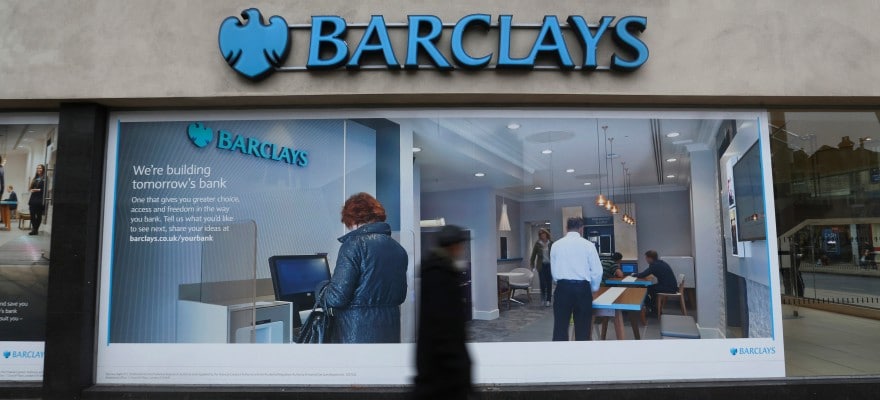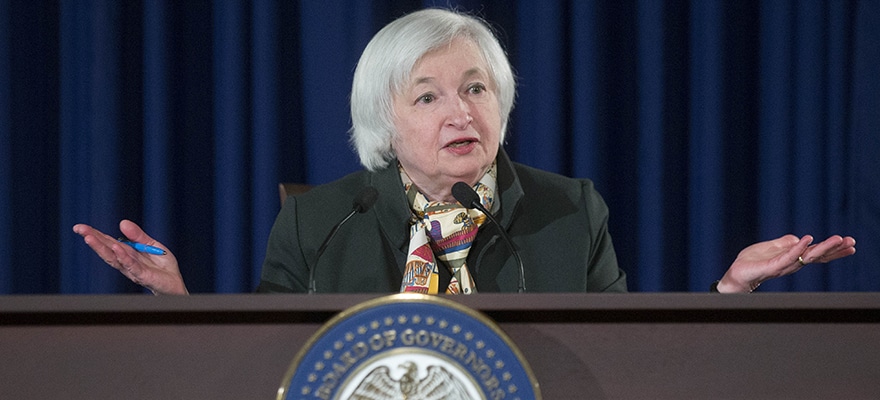Barclays Plc (BARC.L) is in the midst of a shake-up in a bid to reverse the bank’s underperformance and boost its share price. To do so, the bank’s strategic agenda determines to re-balance the business, limiting investment banking activities in light of changes to its external environment. As such, we have witnessed a number of dramatic decisions from the British bank in recent weeks.
Re-Balancing Barclays
In light of external operating conditions, Barclays is transforming the way it works. Specifically, the bank alludes to a modified regulatory landscape, which over the past few years has seen limits imposed on leverage rates in most jurisdictions, and a flat economic environment, characterised by low interest rates, Volatility and Quantitative Easing. Consequently, the bank’s trading business has not been able to maintain historic levels of performance.
Barclays intends to reduce investment banking to a maximum of 30% of its overall operations, down from its current 50%.
The group’s strategy therefore proposes dramatic action. The investment banking business, which includes a sizable fixed-income, commodities and currency (FICC) trading unit, is the target of ‘re-balancing’. Barclays intends to reduce investment banking to a maximum of 30% of its overall operations, down from its current 50%.
Specifically, the bank will be focussing on its trading activities, with FICC trading activities bearing the brunt of the reforms. Indeed, Head of FX Adrian McGowan exited the company back in May, noting the disestablishment of his position.
Instead, the investment banking business will likely focus on fee earning activities, such as mergers and acquisitions, corporate finance advice, debt capital markets and equity capital markets.
The problem Barclays likely faces is that many other European banks will be simultaneously pursuing similar strategies for similar reasons.
Accelerating Implementation
Evidence is emerging that the implementation of the strategy is gaining pace. Earlier this month, Anthony Jenkins was ejected from his post as CEO, with John McFarlane taking up the reigns from July 17 until a successor is appointed.
Indeed, some commentators purport that Jenkins’ ejection can be seen as the Board's intention that implementation of the strategy needs to be ramped up, with the new leadership expected to accelerate the pace of execution going forward. Also, given the focus on reforming the investment bank, Jenkins’ retail banking background may not have been seen as conducive to the ramped-up reforms.
As banks continue to exit or raise prices in FICC segments, there will be ramifications for capital markets.
The new boss’s mark may already be felt. The Times reported over the weekend that Barclays plans to cut more than 30,000 jobs, which could reduce the bank's global workforce to below 100,000 by the end of 2017.
No doubt other European banks will be following suit going forward. As banks continue to exit or raise prices in FICC segments, there will be ramifications for capital markets. Indeed, PwC reports that we will likely see a further reduction in secondary capital market Liquidity , with few alternatives to banks in these markets.


















